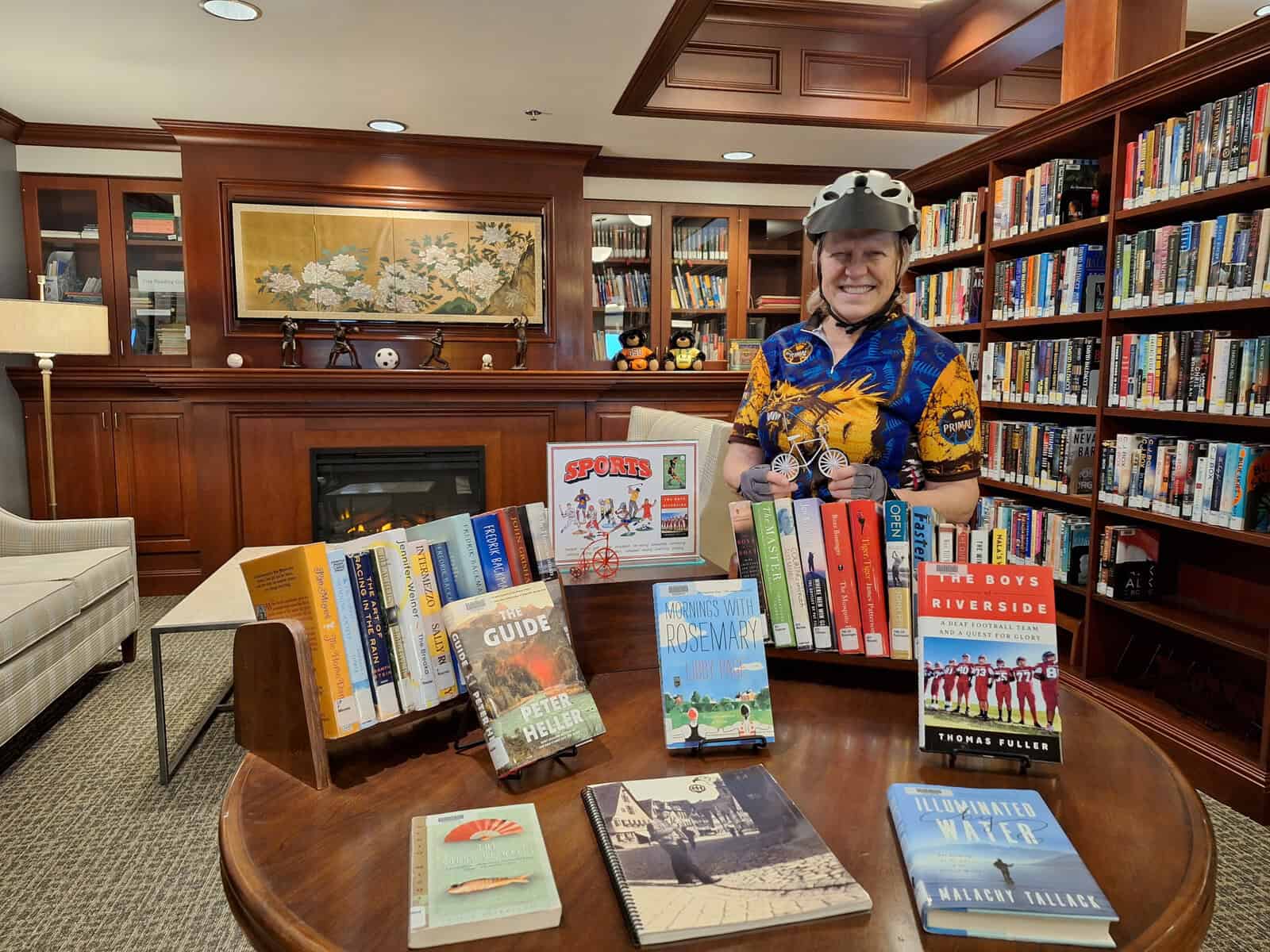(Nit Wit Newz is an unauthorized, unreliable, on-line news service designed to keep residents abreast of the inconsequential, unverified, and trifling events that dramatically shape and inform our everyday lives here at Rogue Valley Manor.)
THE RABBITS’ LAMENT
As he slipped down the now familiar hole, Jack rued his task ahead.
(Peter Rabbit): Hey, it’s you, Jack! Welcome to the cold climes of my icy quarters. What a winter!
(Jack Rabbit): Yeah, I guess that’s why the good Lord blessed us these fur coats. What’s going on with you?
(P.R.): Not much, just lollying and gagging around waiting for old man McGregor’s spring crop to start popping through the ceiling. Got to satisfy that carrot habit of mine, you know. And you? Hope you’re here to bear glad tidings of great joy ‘cause I’m more than ready to burst into a bit of irrational exuberance about most anything.
(J.R.): Sorry pal, afraid I’m not able to help you on that score.
(P.R.): Oh, oh, sounds like bad news? Lay it on me, Jack, I can handle it. Beneath this fur coat lies the hide of a ‘gator.
(J.R.): It’s bad.
(P.R.): How bad?
(J.R.): The Landscape and Grounds Committee met. Thanks to the chairperson, we were successful in getting our anti-banner movement on the agenda. But — we lost.
(P.R.): What?
(J.R.): Yep, come spring those annoying, eye-sores will return to our streets. It seems some committee members — believe it not — like ‘em, moreover, the banners are apparently okay with the administration, and, get this, the Marketing Department seems to think they make a good first impression to prospective residents scouting out the place.
(P.R.): But wait. Hold it. How about us, the residents? Don’t we count? In our survey in the December issue of The Complement, every resident respondent that cast a vote, voted to ban the banners. It was unanimous. Not one resident voted to put those things back up!
(J.R.): I hear you, but here’s a poorly kept secret — leaders don’t always listen to their electorate.
(P.R.): Holy cow! And you’re telling me they’re concerned about making a good first impression? To that, I say it might be beneficial if they’d start with that floor covering in the main lobby. It’s one of the first things new prospects see. I’ve seen cheerier carpets in mortuary lobbies.
(J.R.): In mortuaries?
(P.R.): Yeah, you know, that rabbit funeral parlor down in Phoenix, “Hare Today, Gone Tomorrow.” You were there with me last summer when Roger Rabbit passed.
(J.R.): You’re right, I was there, I remember now. That lobby was bright and welcoming and the carpet was nicely muted.
(P.R.): Look, Jack, classy places don’t plaster their names all over their properties. They identify themselves with stylish, understated elegance. You want an example? Look no farther than the wall at the Ellendale entrance to our Manor. It says in tasteful-sized, gold lettering: Rogue Valley Manor, it mentions the golf course, and states that we’re the premiere senior living community on the west coast. That’s it — simple but perfect! Prospects and visitors know that they’ve arrived at the right place, a dignified place, not a banner-strewn carnival.
(J.R.): Yep, yep, I know, but sadly, you’re preaching to a choir of one — me. We fought the good fight, Peter. If the powers-that-be are hell-bent on gussying up the campus with tasteless hanging signage — signage, by the way, that has no utilitarian value — there’s nothing more we can do about it. They gave us our day in court. We just failed to convince them. Questionable taste prevailed.
(P.R.): Man, I’m really bummed. Hey, wait a minute, maybe there’s some legal redress for us.
(J.R.): Afraid not. What charges can we bring? That those banners offend our aesthetic sensibilities? Nope, that’s not going to fly. And anyway, who would we bring suit against — RVM, PRS? I don’t think we want to get sideways with either of them. Besides, legal action is expensive. Those guys got deep pockets. You may have noticed, our fur coats came with no pockets.
(P.R.): Yeah, you’re probably right, our postmortems won’t do us any good. I guess when it comes to banners, I’m just partial to those with spangled stars on ‘em. Anyway, you know, Jack, I’m sorry for you, didn’t you think that a successful outcome of this anti-banner issue might highlight your political chops around here and possibly propel you into a nomination for a seat on the Resident Council this year? BTW, friend, I wrote your name in on my ballot.
(J.R.): Oh, nice, thanks Peter. Yeah, I did hope to make a serious run at a council seat. Manor rabbitdom has been conspicuously under-represented on the council for — well, forever. I thought this might break that grass ceiling for us. But it was not to be. Not now anyway. It looks as if we’ll just have to go back to doing what we do best …hmmm… say Peter, that warren next to the Plaza, was it you who said that a new honey just moved in there?
—A. Looney








 Halcyon days.
Halcyon days.